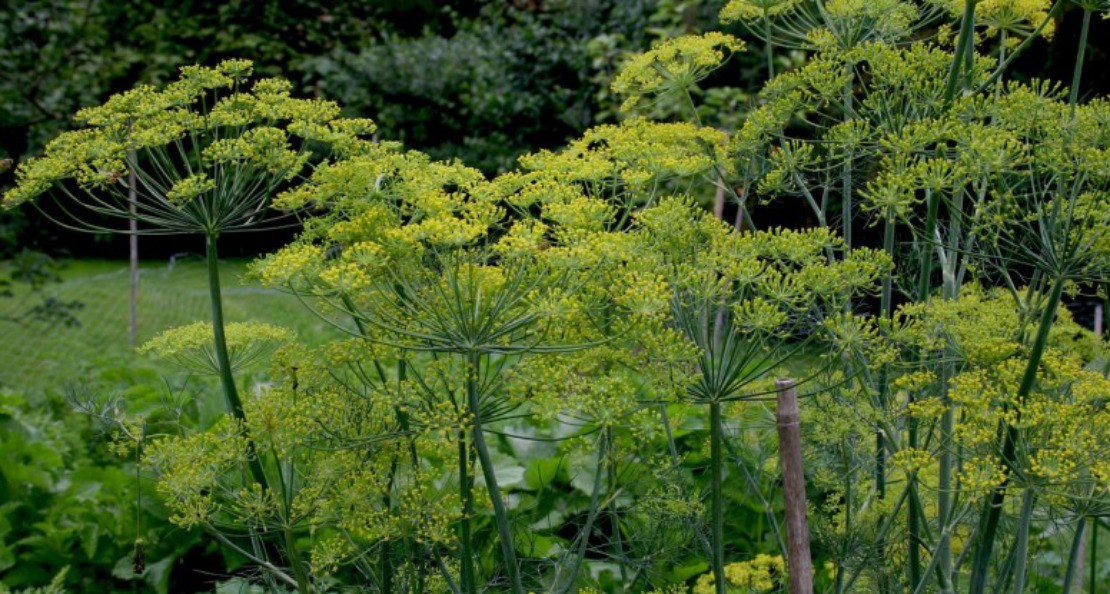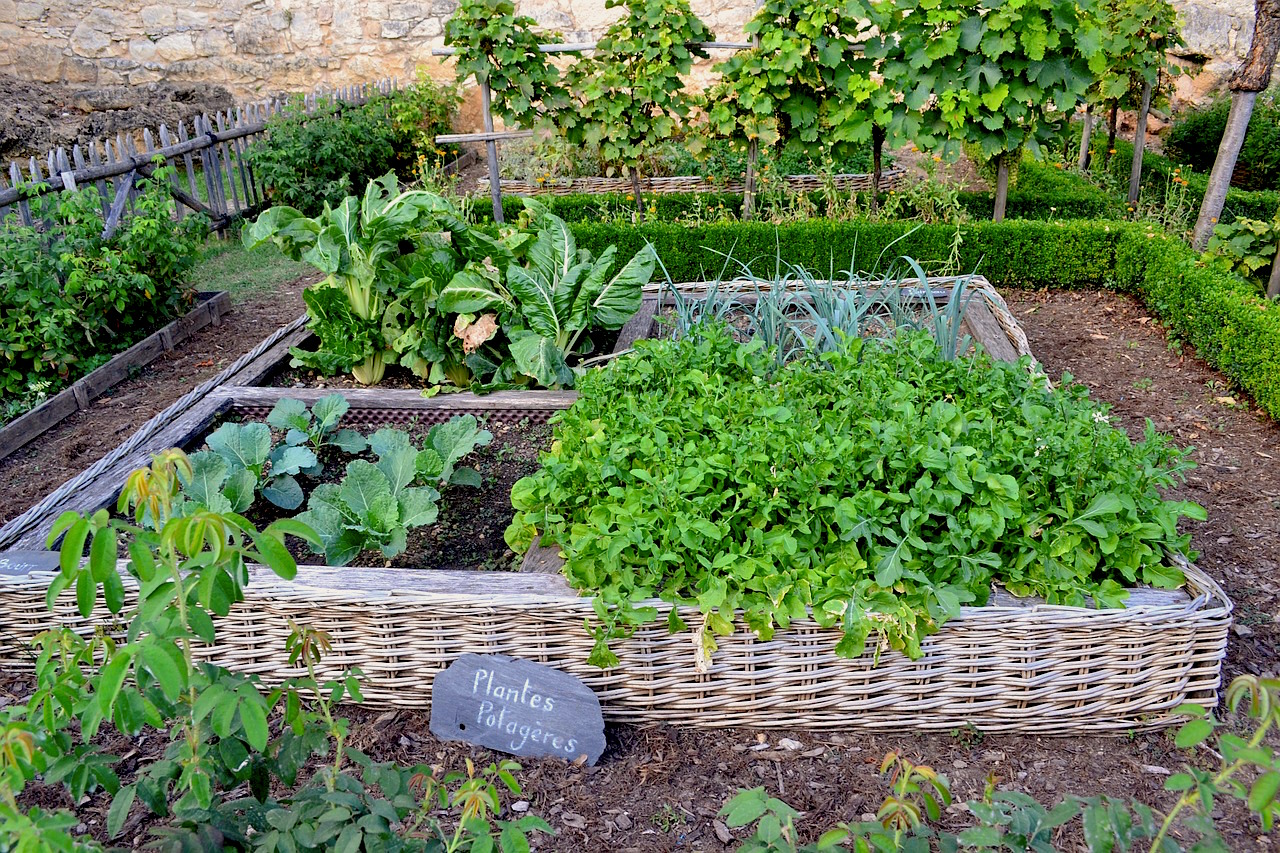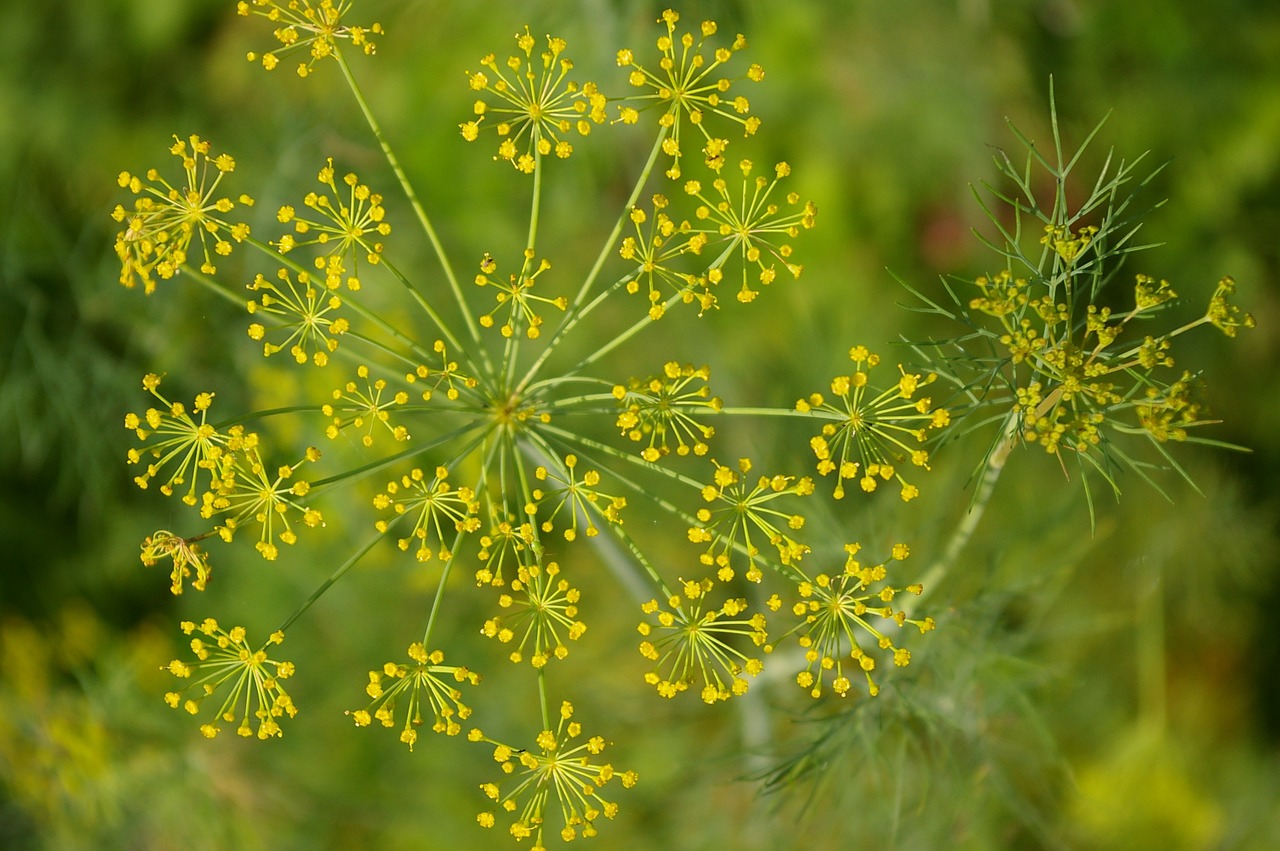
6 Natural Ways to Deter Insects From Your Herbs
Herbs tend to be relatively low-maintenance plants, which is one reason they are so popular to grow. They also add to our lives in more concrete ways, like providing delicious additions to family meals, preventing infections for minor cuts or scrapes, and providing many other health benefits.
So it stands to reason that these wonderful plants haven’t gone unnoticed by other critters as well. A bug infestation is rare with herbs, but if it happens, it’s best to already have natural solutions on hand to deter insects from ruining your herb garden.
6 Methods to Deter Insects from Your Herbs
Encourage Biological Predators
The circle of life is naturally occurring. Therefore, if you do have a pest infestation, eventually you’ll start to see the bugs’ natural enemies coming in. Some of these predators are all around good, like the praying mantis. They eat just about any insect they come across, so if you have pests, the mantis can have a meal.
Other beneficial bugs include ladybugs, which are partial to aphids. Birds will eat slugs, snails, earwigs, and a variety of other insects. Wasps help pollinate and will eat other bugs. Most varieties of wasps also aren’t aggressive if you leave them alone. Remember, if you have enough of a food supply, the predators will come.

Soap Spray—Your Number One Defense
If you have some bugs that just won’t leave, soap spray can be very helpful. Japanese beetles, for example, are terribly destructive to plants. However, in order to eat the plants, the beetles have to be able to hang on. Spraying insecticidal soap on your herbs prevents them from being able to do that.
For this particular soap spray mixture, you may also want to add a teaspoon of cayenne pepper and a little neem oil to give it a punch to munching bugs. Add 1 tablespoon dish soap to every quart of water. Be sure to spray from the top down.
You may want to make an effort to rinse off the leaves after harvesting if you’ve recently used this spray. However, the amount of soap used should be small enough that it won’t cause anyone harm, not even the smallest of humans! Just remember that if you bite a fresh leaf and it tastes a bit off, it could be the spray.
Neem Oil
Neem oil is so versatile that you should never be without a bottle of it. At the first sign of harmful insects on my plants, I spray a diluted solution of half neem oil and half water. The mixture should be shaken before every time you use it since it will naturally separate and be sprayed on both sides of a leaf. It’s not advisable to consume neem oil, so make sure you do not spray it on the produce part of the plant that you plan to consume. Don’t make a lot because you’ll need to use the mixture within a week.
Use Essential Oils
Herbs are often fragrant enough on their own, but it might not always be enough. The prevention of pests in your herbs may need the occasional boost, and essential oils can provide that. Cedar oil has a strong scent, reminiscent of juniper. The powerful smell can help to ward off slugs, snails, aphids, and thrips, but don’t be surprised if you notice a decrease in other annoyances as well. If you have a furry friend, they may also appreciate the juniper smell, since it can help to deter insects such as fleas and ticks! Other oils that can help deter pests include citronella, lemon, orange, peppermint, garlic, tea tree, and lavender, just to name a few.
One of the easiest and most effective ways to apply the oils is to add a few drops to an 8-ounce glass spray bottle, shake, and then spray on the leaves or surrounding areas around your plants. Essential oils can be harmful if ingested, so please do not use them when the produce part of the plant appears.

Companion Planting With Edible Plants
Companion planting is when you arrange your plants so they can help each other out. This is highly beneficial in all types of gardens and will help prevent the spread of disease or insect infestations. You can plant just herbs with each other, or you can turn it up a notch and mix your herbs and vegetables!
However, we’ll try and stay focused on using companion planting in your herb garden as a way to deter insects from reaching your edibles. Cilantro and dill will discourage spider mites and aphids, and chamomile will work to attract the right kinds of insects to your garden. Garlic planted nearby will help disguise the smell of rotting leaves that attracts Japanese beetles, and mint can help drive off ants.
Nematodes For Soil
Nematodes are a type of roundworm that lives in the soil. For most of the world, nematodes are a naturally occurring species, and they are a wonderful preventative measure against pests in herb and other edible gardens. These microscopic insects are often considered a biological insecticide because they actively seek out and infect a broad range of insects, many of which are the larval form of garden pests.
The use of nematodes as an insecticide has not been shown to damage the soil in any way or wreak havoc on larger animals or insects that don’t bury eggs underground, such as bees.
If you’re starting an herb garden, prevention and proper maintenance are keys to keeping it happy and thriving. Knowing all about your plants, including what conditions they like, what they can be used for, and even their histories from a cultural context, is all important to helping your garden thrive. Learn more by looking into the courses offered here, and get started on a path of wonder, nature, and healing!
Ali Lawrence is a kombucha-sipping writer who focuses on healthy and sustainable living via her family blog Homey Improvements. She was born and raised in Alaska and dabbles in Pilates and is a princess for hire for kids’ parties.








